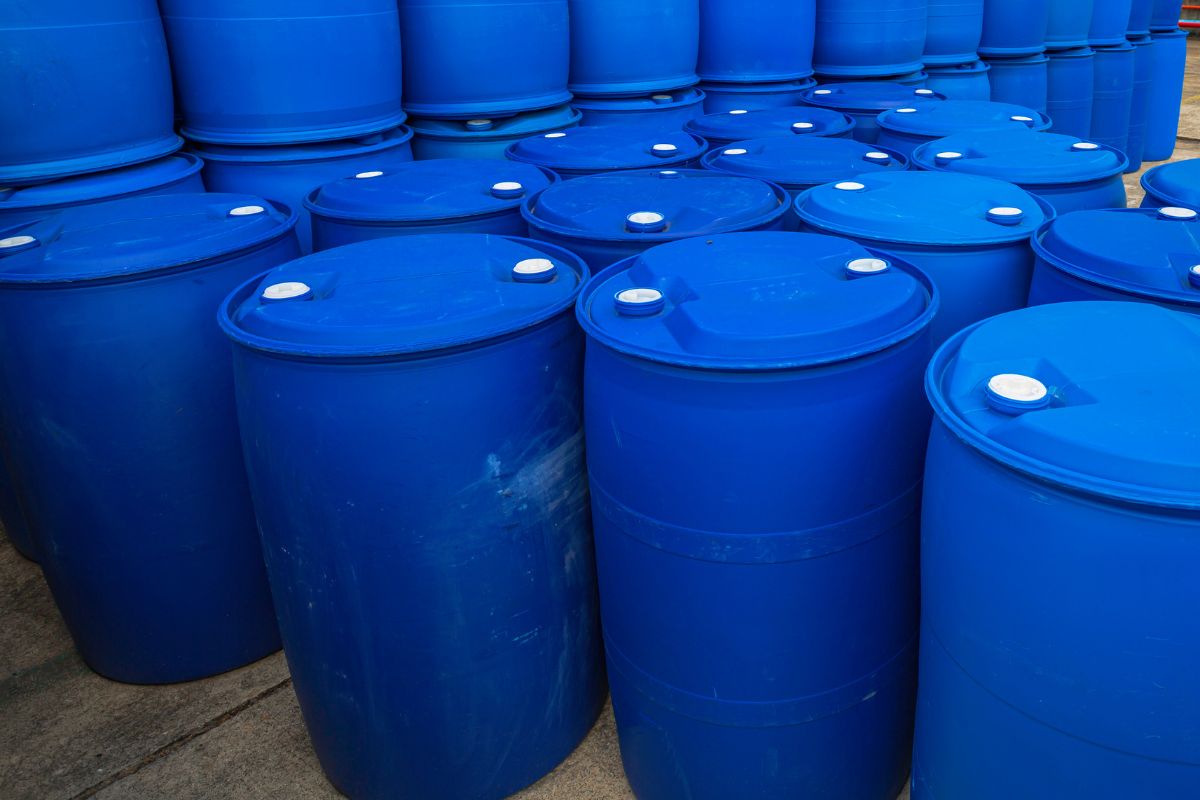Understanding What Lab Packing Is & Why It’s Important

Lab packing adds an extra level of safety when it’s time to dispose of materials that can hurt or destroy people, places, and things. Lab packs are a means of containing hazardous waste, specifically chemicals, so workers can safely dispose of them. Naturally, nothing is ever that simple, and lab packing involves a series of regulations, requirements, materials, and more to eliminate potential dangers. Understanding what lab packing is and why it’s important is necessary if you ever need to get rid of hazardous waste.
What Is a Lab?
Know that lab pack disposal doesn’t always take place in a lab as you might imagine. Laboratory conjures up mad scientist images of long tables filled with bubbling glass beakers and so forth. But a lab is any place that performs testing, research, and other work using chemicals. Labs can appear in university science departments, yes, but you can also find them in primary schools, business offices, warehouses, hospitals, and other places. A lab is a special area where workers, scientists, and students employ chemicals to perform tasks, experiments, or other practices, and it likely generates some level of chemical waste. This waste can mean byproducts from experiments, old and expired chemicals, and the like. Eventually, it’s all got to go somewhere so the lab can remain clean and safe.
Toxic Trash
You can’t just toss hundreds or thousands of boxes of volatile chemicals into the garbage once you’re done with them, nor can you pour gallons of acid and flammable fluids down the drain. Doing so could lead to fires and explosions in and around the lab and wherever the chemicals end up. Those explosions could then poison the water supply, destroy the surrounding ecosystem, and lead to injuries, deaths, and long-term health issues for anyone encountering the waste. Improper disposal of lab waste can be a criminal act, and an organization caught in the act of dumping might face lawsuits, fines, and imprisonment. Something must be done. That something is lab packing.
Lab Packing
Now that you know why lab packing is necessary, here’s how it’s done. It’s all in the name. Workers pack chemicals into various containers, though the container of choice is usually the class 55-gallon drum. Before that happens, they must categorize the chemicals they’re packing so there’s an official record of it. After sealing certain chemicals in smaller containers with identifying marks, the workers keep them separated from other chemicals that might cause an undesirable reaction—catching fire, creating acids, exploding, and so on. They pack these containers in a substance called vermiculite, a kind of clay, or a similar absorbent material that also provides stability. They then seal the drums and mark them for disposal, whether through landfill, storage, incineration, or recycling.
That’s a brief guide to understanding what lab packing is and why it’s important. Contact us for more information or to set up a consultation about your waste disposal project!
